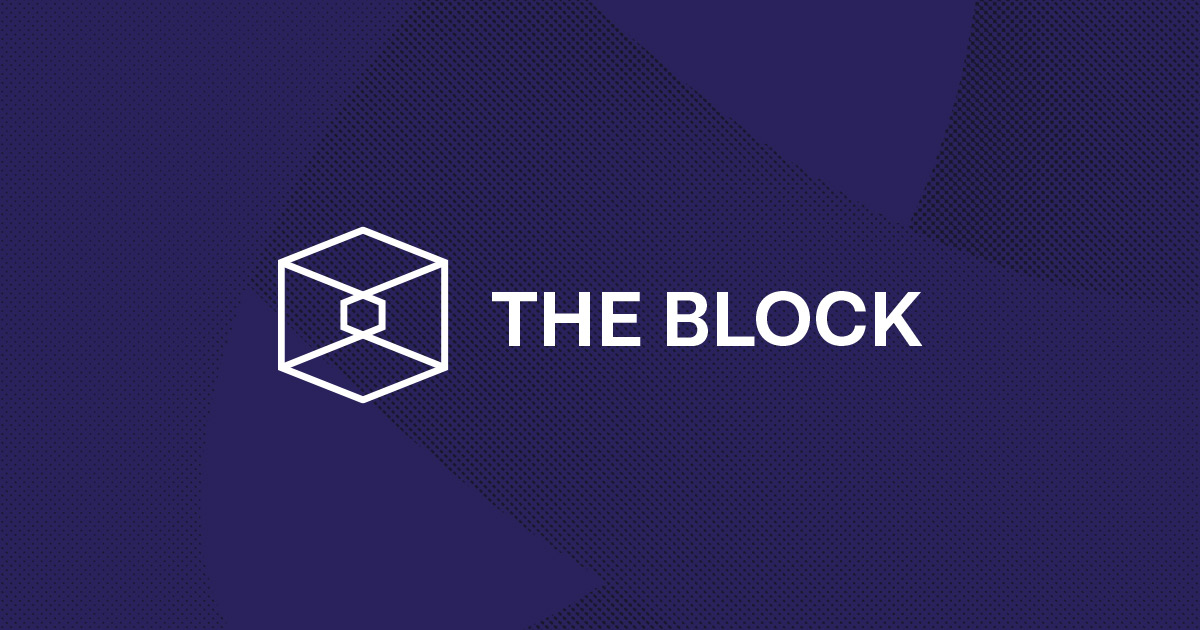SWIFT claims blockchain isn't the answer, and their payment tracking tech could threaten Ripple


Contrary to Ripple CEO Brad Garlinghouse’s previous claims, SWIFT’s global payments innovation (GPI) could soon shake up the competition, American Banker writes. GPI is reportedly now in use at 450 banks, which process 80 per cent of international payments. Its daily amount of settled payments exceeds $300 billion.
What makes SWIFT’s GPI attractive to bankers is the pace and transparency level of its transactions. "Our banks are quite happy with the API-based technology we have in GPI, it produces a faster payment experience,” said Wim Raymaekers, head of the global banking market at SWIFT.
While GPI is not capable of speeding up the payments, it does so indirectly by ensuring they are confirmed by banks within the same day.
According to Raymaekers, speed and transparency are two of Ripple’s main concerns, which blockchain does not seem to solve. Back in 2018, SWIFT ran a distributed ledger experiment to see if switching to a hyperledger would increase transparency of cross-border payments. Soon, they ran into a different issue. “Banks have indicated they do not want to communicate how much money they have on an account to everybody else,” said Raymaekers. “We had to keep the conversations private.”
By the end of the experiment, SWIFT concluded that the only way to upkeep an acceptable level of transparency would require deploying bilateral blockchains between all parties, but doing so would be too complex to manage in the long run. “Our conclusion is that it’s quite challenging for banks to adopt a DLT-based system today,” said Raymaekers.





